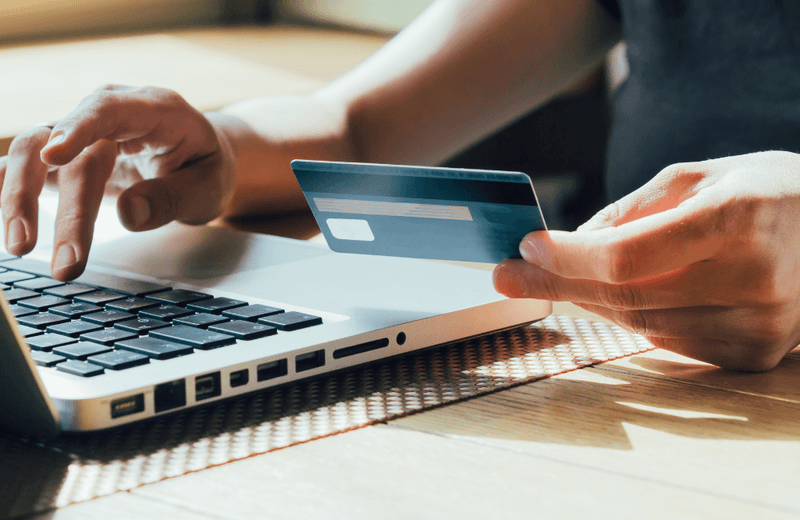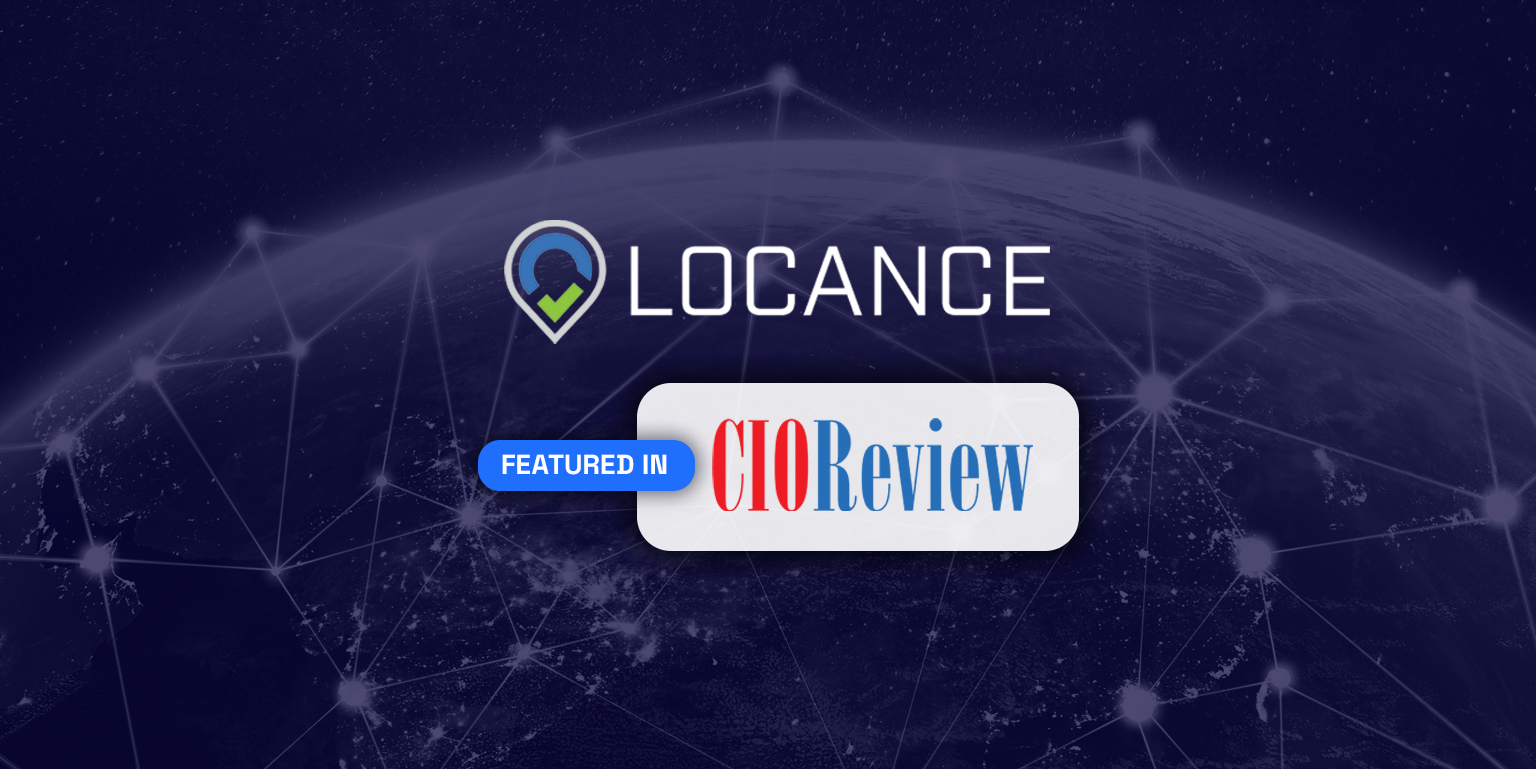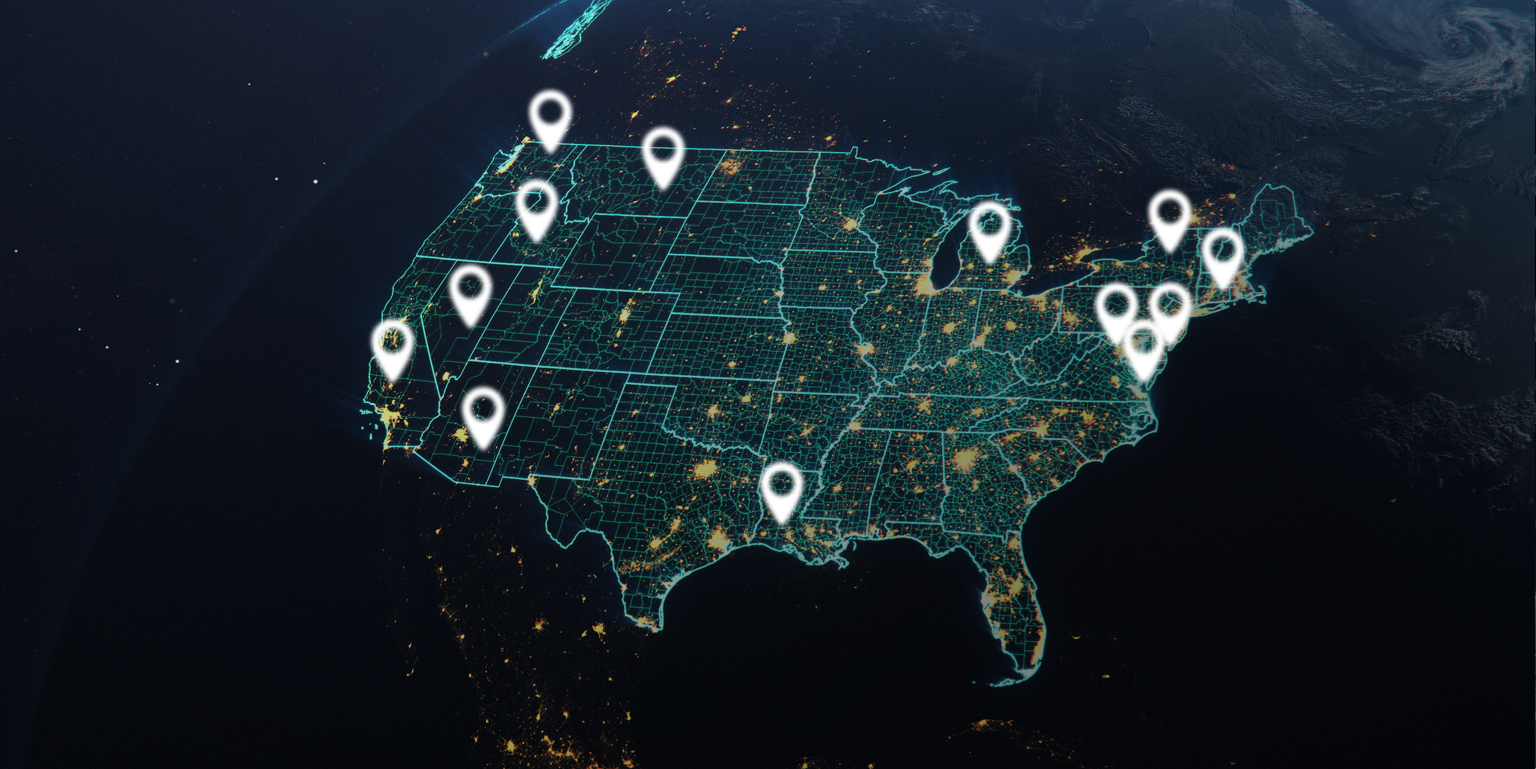5 Ways To Help Your Business With IP Intelligence
November 30, 2022

How many different connected devices does one use in a single day? In a week? In 2021, each US household had 25 connected devices. Connected device ownership is projected to reach 15 per person by 2030. Its public Internet Protocol (IP) address serves as a way to identify the device’s connection details and its general location when connected to a computer network (internet, intranet or extranet). Individual devices connected directly to the internet, or any group of devices connected through a shared wi-fi or other local area network, are assigned a public IP address. Knowledge about public IP addresses such as their location, type of network, speed, and other details can be used by businesses to gain contextually relevant insights about their connected users for a variety of crucial functions.
In this blog post, we review five ways for businesses to expand capabilities and improve bottom lines by using IP intelligence to help optimize internal processes, enhance security or deliver more engaging experiences.
1. Meet Regulatory Compliance Requirements
Strict guidelines established by national, state and local oversight entities regulate the operation of various services such as iGaming and mobile lottery, money transfers, and cryptocurrency transactions. Approved border or state lines set the boundaries of where some of these activities may be conducted. Many types of businesses that handle payments, money transfers and asset trading must often comply with varying local regulation when conducting such transactions.
With near instant location determination, businesses can comply with terms of their operator licenses, contractual obligations, and applicable laws while also meeting Service Level Agreements and improving customer experiences. Businesses can use a device’s real-time IP location, connection details, routing type and other insights to determine whether the player is within the approved boundary from an allowed connection type.
2. Detect and Prevent Online Fraud
Businesses utilize IP location and IP intelligence to understand where a device is connecting from and if any anonymizers, proxies or hosting facilities are being used. By using a combination of IP location and IP intelligence businesses can better protect against online fraud. This information is commonly used when customers are logging into online accounts, and it can also be helpful during financial service transactions. IP location and IP intelligence help determine if account access or transaction attempts are made from an unknown location and/or using an unknown device. Businesses can trigger additional authentication protocols, freeze accounts or temporarily deny service if the detection process shows abnormal activities.
Businesses and customers will have the peace of mind that this additional layer of security can help in detection and denial of suspicious transactions and activities with great confidence.
3. Geo-Targeted Customer Engagement and Advertising
Access to IP geolocation allows businesses to create geo-targeted content and advertising that are more timely and personalized. Device IP geolocation can help businesses provide customers with real-time relevant information based on where they access the business’s services. Businesses that properly grasp the importance of personalization, speed and convenience in today’s connected world are better positioned for long-term success, success that is enabled with access to customer location.
Displaying the appropriate language, currency, discounts or sales and products that are available in specific areas, can all be enabled by using IP geolocation for website localization. This level of location-specific personalization can help businesses create bespoke better-tailored offers while improving customer experiences with higher response rates.
4. Copyright Protection and Digital Rights Management
IP Geolocation helps comply with licensing, distribution agreements and regulations and provides better protections for streaming and digital content distribution. The proliferation of connected devices allows customers to download and access licensed content or published materials from almost anywhere in the world and at any time. Restricting access is critical to owners and distributors of digital content. IP geolocation services enable businesses to effectively manage and restrict audience access to certain content based on the geographic location of the device being used.
Device IP information allows businesses to serve the right content to the right audience and it assists with brand management and compliance activities. This data can be used to evaluate current processes and assess needs for future capabilities. Location information provides another layer of analytics to determine where and when the content was accessed.
5. Traffic Management and Network Security
IP geolocation not only can help keep track of company-owned devices, it is also an excellent tool for network security and traffic management because it is non-invasive and does not require cookies or additional privacy disclosures. It provides real-time geolocation, verified proxy data and other details that can be used to detect friendly vs suspicious illegal activity.
With IP geolocation, businesses are able to uncover the location of online attackers, protect sensitive data and much more.
About Locance
Locance delivers the most accurate and best-in-class IP data to determine where and how your customers connect to your services. Our IP location service can also be used in combination with other Locance services to better promote and protect your business.
Learn how Locance IP service by downloading our IP Intelligence Product Brief








